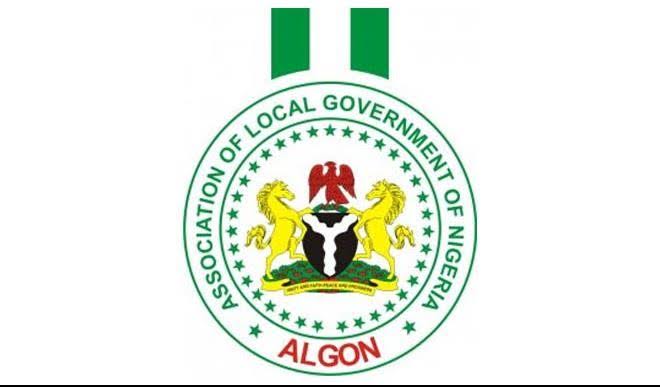
The Association of Local Government of Nigeria (ALGON) has firmly opposed the proposed minimum wage increases, citing financial incapacity among local governments to meet the demands set by both the Federal Government and organized labour.
In an interview on Channels Television’s Sunrise Daily on Thursday, July 13, 2024, ALGON National President Aminu Muazu-Maifata emphasized that current allocations from the Federal Accounts are inadequate for local governments to implement the ₦62,000 minimum wage proposed by the Federal Government, let alone the ₦250,000 demanded by labour unions.
Muazu-Maifata pointed out that many local councils have yet to fully transition to the ₦30,000 minimum wage approved in 2019, with some still adhering to the previous ₦18,000 rate. He stressed the need for a sustainable approach, stating, “An affordable minimum wage should be set, not something unsustainable.”
These remarks come amidst ongoing negotiations between the Federal Government and labour unions over a new minimum wage structure. The organized labour argues that a ₦250,000 minimum wage is necessary to address rising living costs, while the Federal Government cautions that such a substantial increase could lead to economic instability and widespread job losses.
Muazu-Maifata’s statements highlight the significant financial challenges facing local governments in Nigeria, which struggle with limited revenues and increasing expenditure pressures. This financial strain complicates their ability to meet the wage expectations mandated by higher levels of government and labour unions.
The ongoing debate underscores broader economic concerns in Nigeria, where balancing wage increases with fiscal sustainability remains a critical issue for policymakers and stakeholders alike.








